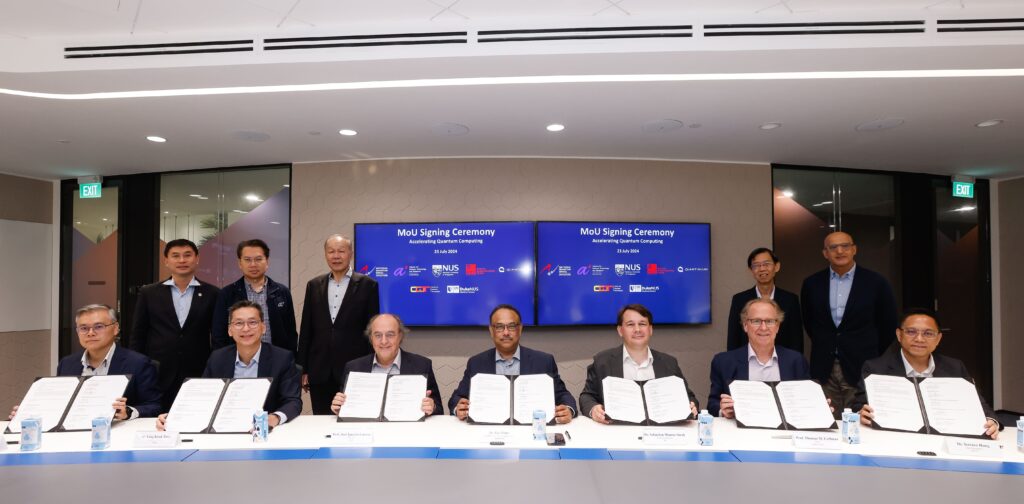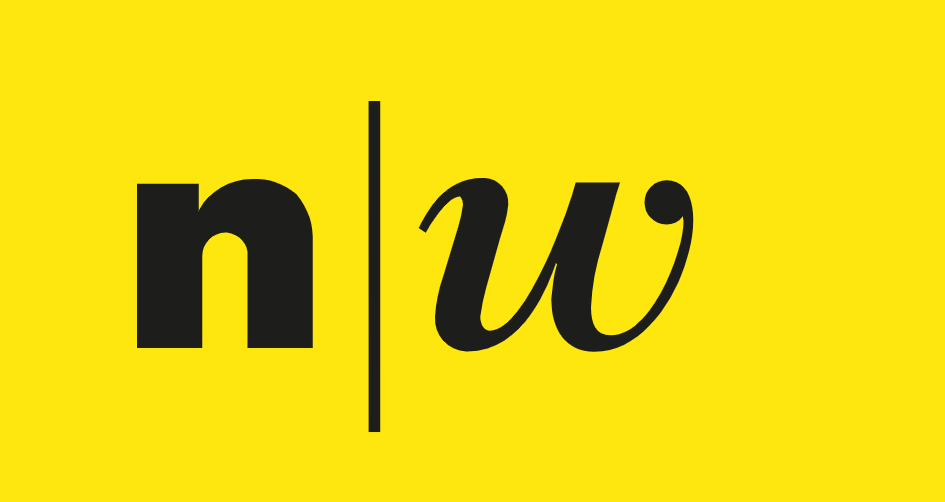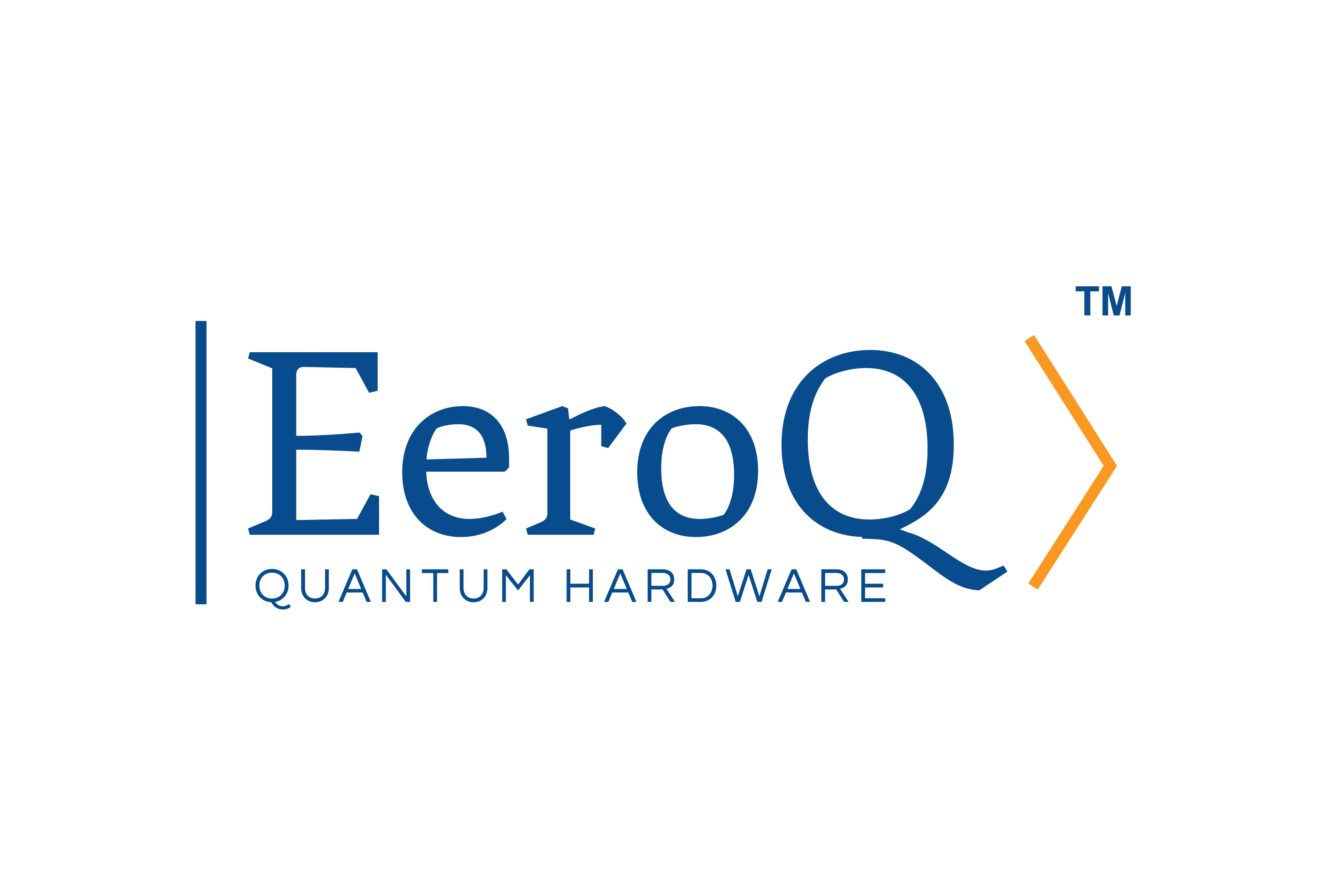 Operating a startup requires focus. Operating a startup in the quantum space requires an extreme amount of focus. The team at EeroQ is relying on scientific and business focus to achieve what would be one of the most important scientific and commercial ambitions of all time — a large-scale, universal quantum computer, according to Nicholas Farina, one of the quantum computer hardware startup’s founders, its first investor, and CEO.
Operating a startup requires focus. Operating a startup in the quantum space requires an extreme amount of focus. The team at EeroQ is relying on scientific and business focus to achieve what would be one of the most important scientific and commercial ambitions of all time — a large-scale, universal quantum computer, according to Nicholas Farina, one of the quantum computer hardware startup’s founders, its first investor, and CEO.
“If we are trying to build a startup, we have to recognize that we have limited time, limited resources, and, most importantly, we have specific expertise, so let’s stick to what we’re good at.” said Farina “So, as a result, we are one of the only hardware companies that is proudly not full-stack at all. We only work on hardware.”
The startup is building a quantum computer chip based on a novel qubit pathway that uses electrons on superfluid helium. The electrons on helium approach was first suggested in the 1990s by Mark Dykman at Michigan State University and Phillip Platzman of Bell Labs . However, because the equipment needed to manufacture the chip wasn’t available, the process remained largely theoretical.
According to Farina, the tools and techniques are now in place to begin serious work on creating a electrons on helium device. With many of the pieces in place, though, the company is taking a shut-up-and-do-the-work approach to bring that product to market. The company has hit all their milestones and will present some of their recent results at the annual March Meeting of the American Physical Society. “There is no faster way to kill a quantum computing startup – and your credibility – than to promise unrealistic timelines,” Farina added. “We believe the massive potential of quantum computing is real, but near-term revenue is far from guaranteed.”
Electrons on helium quantum computers may offer a number of advantages over other QC models, such as scalability, potentially faster gate operations, and because it promotes a less noisy quantum environment, longer coherence times. Longer coherence times are critical to create stable, less error-prone quantum calculations.

Power and Patience
Next to focus, Farina places patience as one of the company’s other key company values. The field of quantum computing is in a nascent stage, which means it is evolving steadily, but has the potential to grow swiftly at any moment. “You have to be realistic,” Farina said. “Classical computing took awhile — and this will take awhile, too.”
Just because quantum computing will likely be an evolution, not a revolution any time soon, Farina advised quantum enthusiasts to use this time wisely. “A lot of the people in the field say that this isn’t going to be happening for a little while now and our perspective is, ‘We know,’ but that doesn’t mean that we can’t plan for this,” said Farina.
While most startups might be interested in commercializing quantum computing as fast as they can, Farina suggests that the great power of quantum computing will generate even greater responsibilities. Theoretically, a quantum computer could give a company the ability to make vast amounts of money in the financial market, for example, but it also could ultimately be used to cure diseases and help solve climate change issues.
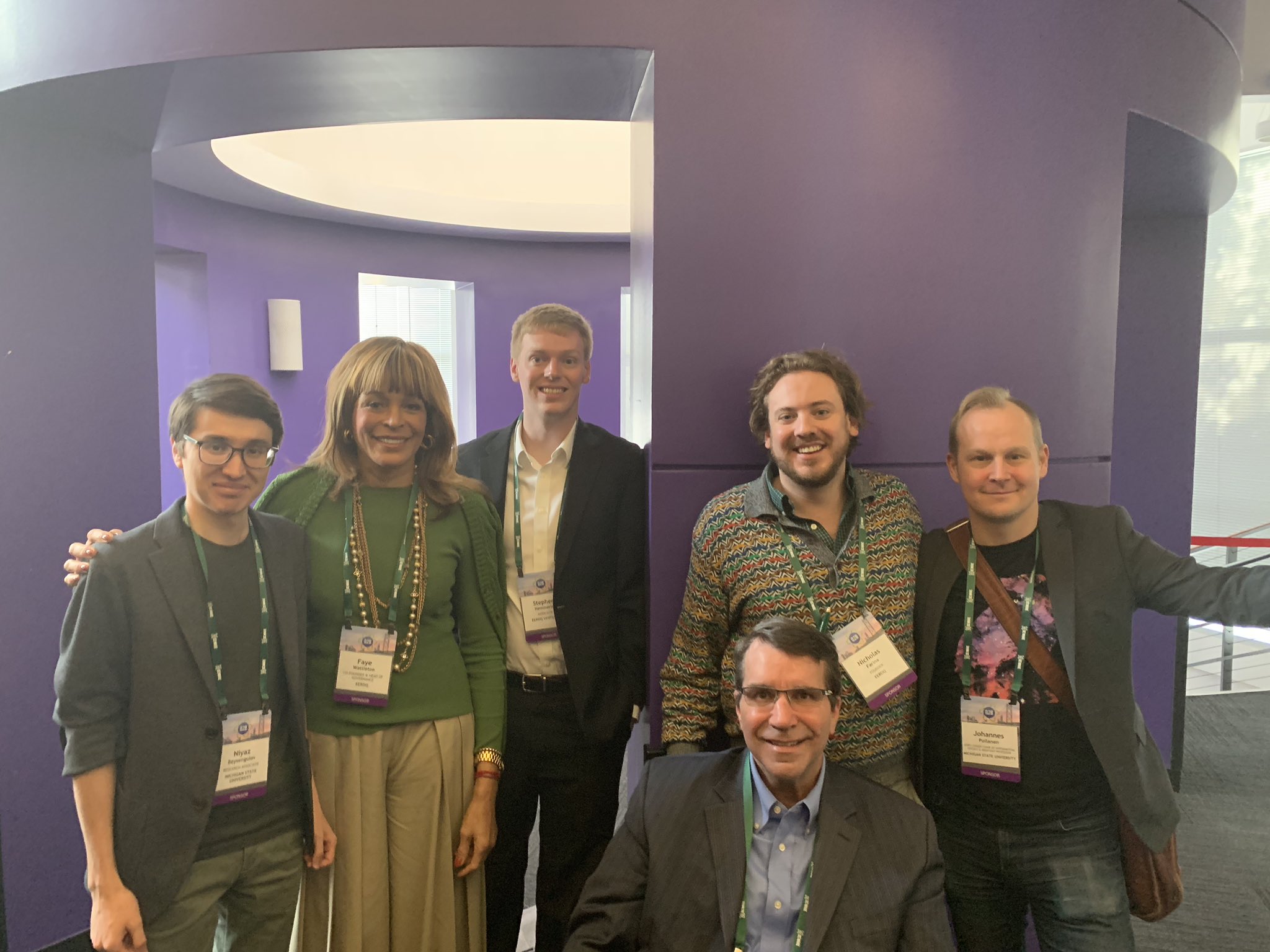
Quantum leaders must be as diligent at considering ethical dilemmas that might arise from this powerful form of computing as they are diligent in perfecting the technology, advised Farina. To help start the conversation, EeroQ and its co-founder Faye Wattleton launched an initiative called QC Ethics in 2018, and have multiple events planned for continuing the dialogue in 2020 in addition to a revamped web presence coming in February.
“We’ve been working at quantum computing for a long time, long before it became useful,” he said. “So, just like quantum computing is going to take a long time to bring to market, coming up with an ethical framework for using this technology is also going to take a long time.”
EeroQ wants to make sure those ethical considerations are weighed as they develop this potentially world-changing technology. “We are also interested in seeing beyond the black and white of QC, as well,” he said. As far as where we are in the evolution of quantum computing, Farina said that the field might be about where classical computing was in the 1950s, but added that these comparisons are loose approximations based on our skewed industrial references and hindsight. “Some of the disconnects are a result of the age of people who are working in (classical) tech and beginning to look at QC — most are between 20s to 50s,” he said. “These folks really came of age when classical computing was pretty mature, so as a result, there isn’t that perspective or understanding of how immature quantum computing is.”
Tremendous Opportunity
He added that quantum solutions to the most difficult problems will be highly customized solutions that are available to only companies that either have the budget to try quantum approaches, or pioneering, opportunistic firms looking for a competitive advantage. Even though experimenting with quantum computers might be expensive, without guarantees, there could be tremendous upside.
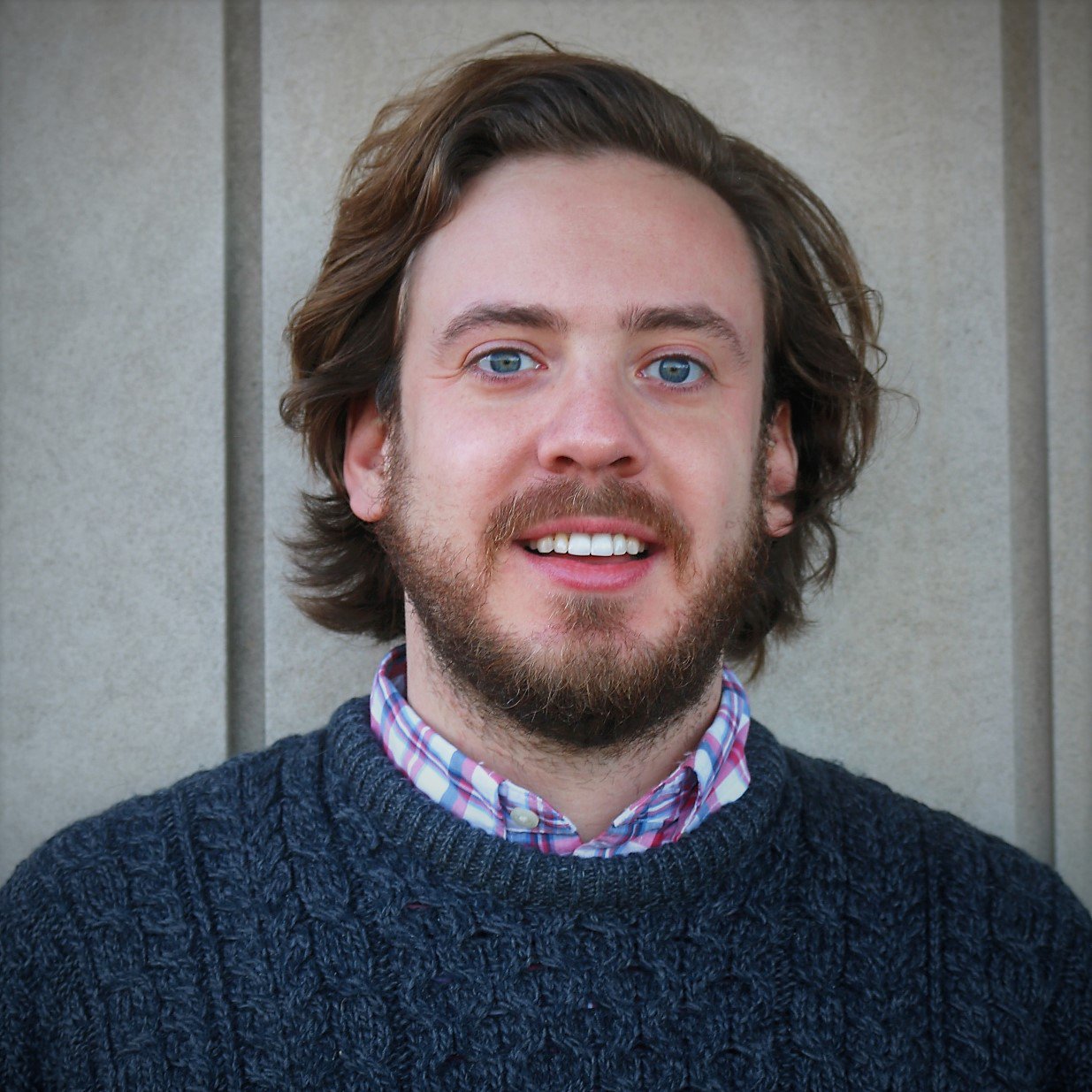
“Off-the-shelf quantum algorithms is quite way off,” Farina said. “Just by the nature of quantum computing, this is always going to be hard and time consuming to put it into practice, I think. But, on the other hand, if you’re looking from a business perspective, this is a tremendous opportunity because if you, as a business, are willing to invest and take the time and effort, you can be pretty certain that a lot of your competitors are not going to do it.”
Funding
EeroQ is relying on both public and private funds to maintain its efforts to produce a quantum computer. The company has offices in both East Lansing, where it has a partnership with the Laboratory for Hybrid Quantum Systems at Michigan State University, led by co-founder Professor Johannes Pollanen, and New York City. The company is also busy fostering collaborations across public and private spaces.

















